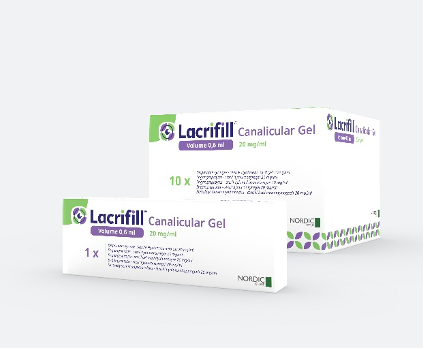Arthritis Ireland has launched an awareness campaign called ‘Living with lupus’. This initiative aims to shed light on the various aspects of managing lupus, including treatment options, the importance of planning for pregnancy, medication adherence, and the future outlook for those living with this chronic condition.

In 2023, Arthritis Ireland conducted a survey on the impact of lupus on daily life. The findings revealed that 90 per cent of respondents experienced a negative impact on their physical activity and ability to exercise. Additionally, 69 per cent reported that lupus adversely affected their family life, and over 70 per cent indicated that the condition had a detrimental effect on their careers, often necessitating prolonged absences from work. Mental health was also significantly impacted, with 57 per cent of respondents experiencing anxiety, 45 per cent feeling lonely, and 36 per cent suffering from depression.
Ms Gráinne O’Leary, Chief Executive at Arthritis Ireland, stated: “The Arthritis Ireland survey reveals the significant impact lupus has on the daily lives of those affected. Predominantly affecting women aged 15-to-45, lupus can greatly influence fertility and family dynamics. Many patients also encounter financial difficulties due to the necessity of taking time off work. At Arthritis Ireland, we are dedicated to offering support and resources to those living with lupus. With this campaign, we strive to enhance public awareness of the condition.”
Arthritis Ireland has produced an extensive interview recording with Dr Laura Durcan, Consultant Rheumatologist at Beaumont Hospital, Dublin, covering a range of topics including risk factors, pregnancy planning, treatment options, medication adherence, fatigue, sleep, and the future for lupus patients.
Dr Durcan emphasised the importance of medication adherence, stating: “I think my patients are dealt a horrible card when they are diagnosed with lupus, but in lots of ways they do really well. My patients have a full expectation that they will have a normal life, and I really want that for them. If there is one thing that I would ask of my patients is that they please take their medications because I know that down the road that equals health for them.”
In Ireland, lupus is acknowledged as a relatively rare condition. However, determining its exact prevalence is challenging due to the complexities of diagnosis, the variability of symptoms, and the absence of official prevalence data. Additionally, there is a significant unmet need for effective and targeted treatments for lupus.
Dr Durcan also highlighted the advancements in treatment options over the past decade, noting: “There are new biologic agents that target antibody pathways in different ways, and they look great. They don’t look like a light bulb that turns off lupus, but they are really effective therapies. I want my lupus patients to have the best available, first-world therapies. At the moment, they don’t have access to these therapies.”
In addition to the interview, Arthritis Ireland has developed a new information booklet designed to provide insights and support for those living with lupus. This detailed booklet serves as a resource for individuals living with lupus, offering a complete guide to managing their condition.
Anyone looking for support can contact the Arthritis Ireland helpline on 0818 252 846 or visit arthritisireland.ie for further information about services and supports. This campaign is supported by AstraZeneca.
Interview with Dr Laura Durcan: https://www.youtube.com/ watch?v=tgQO4rKi-Ck
‘Living with lupus’ information booklet: https://www.arthritisireland. ie/Handlers/Download. ashx?IDMF=1f96aa01-2ad3-48be-abed-f031869cf6ab





